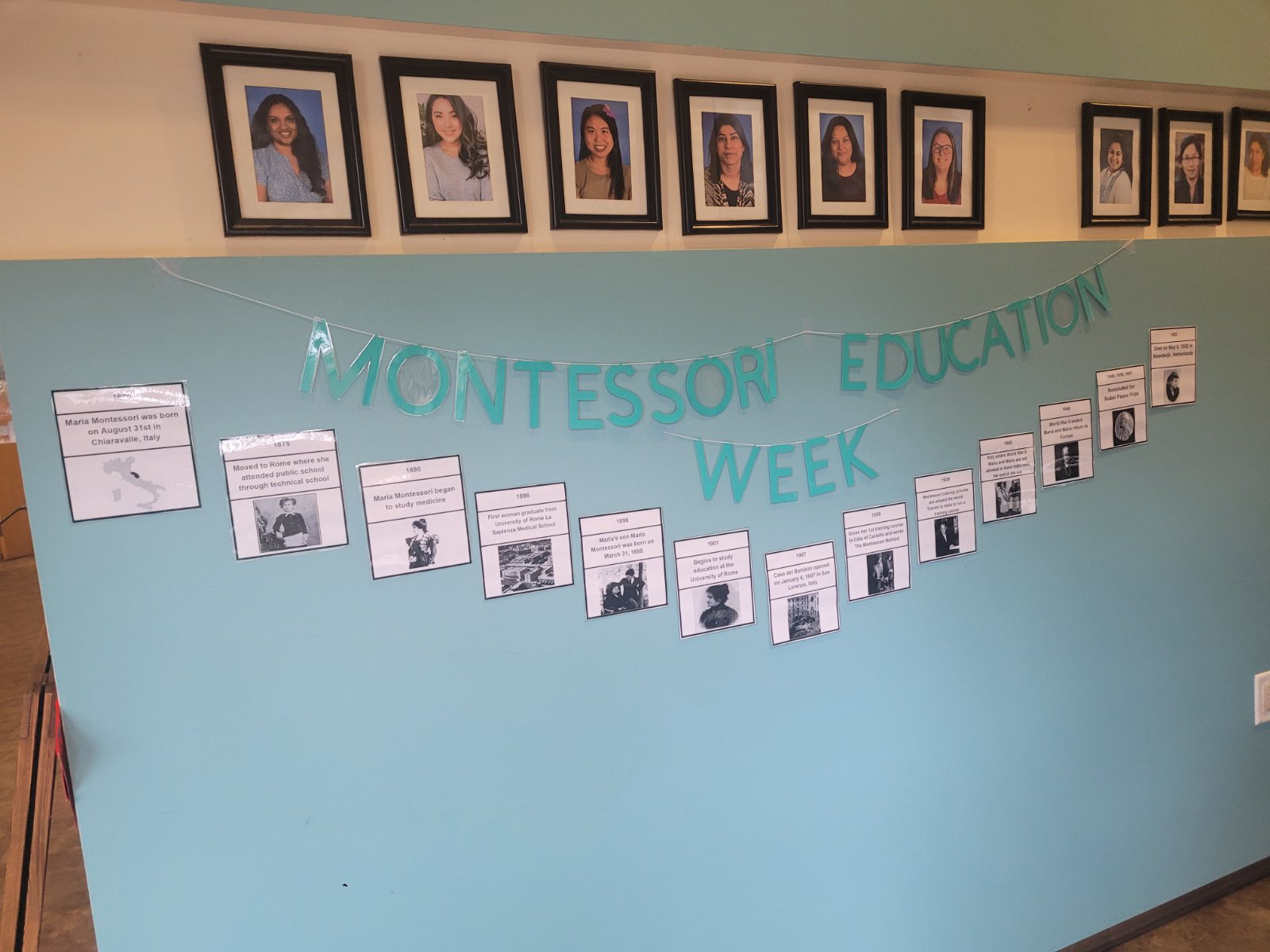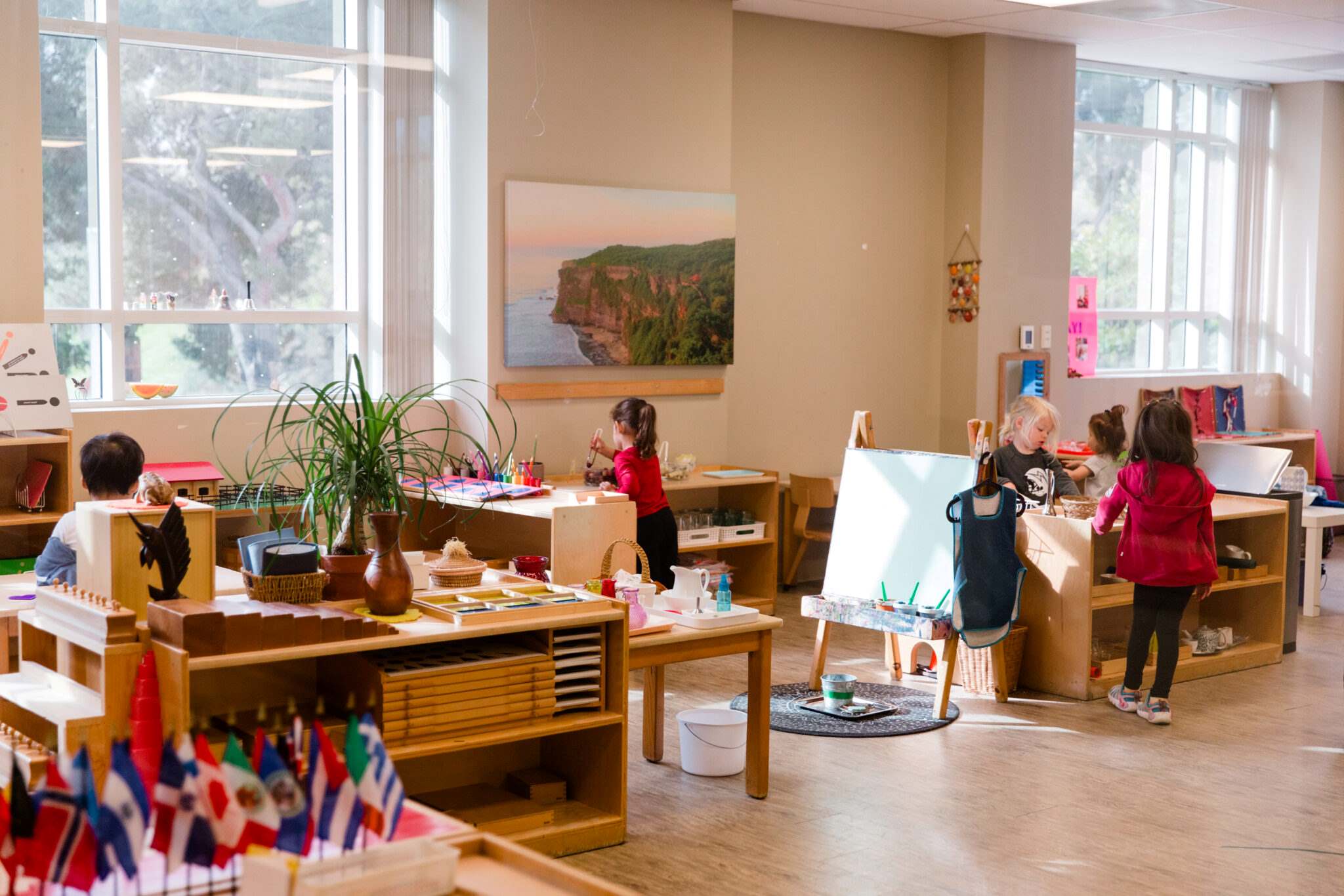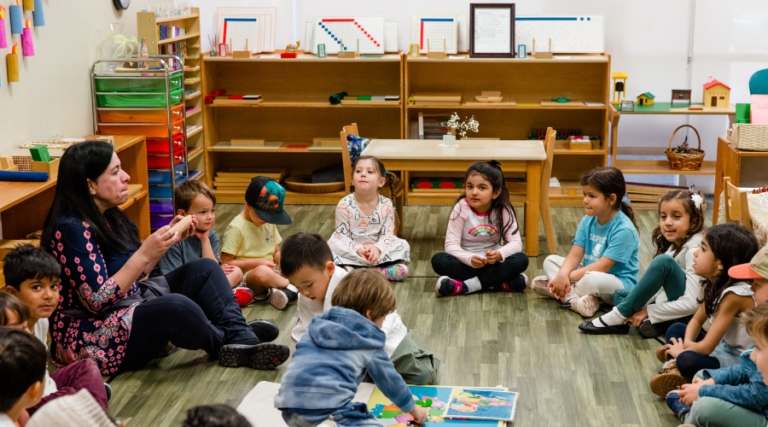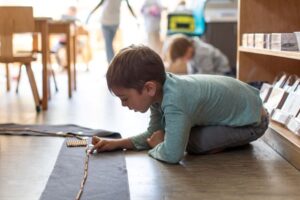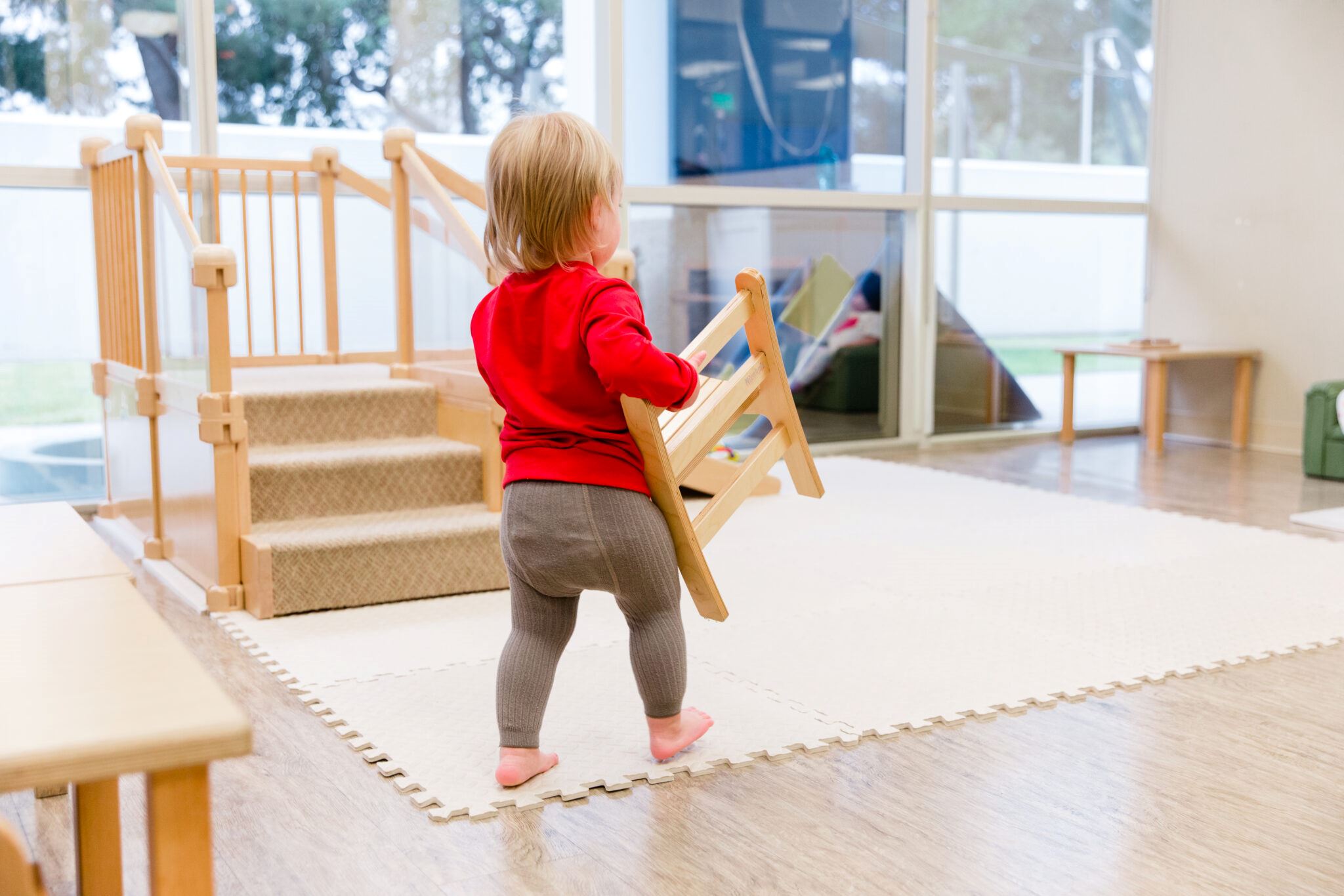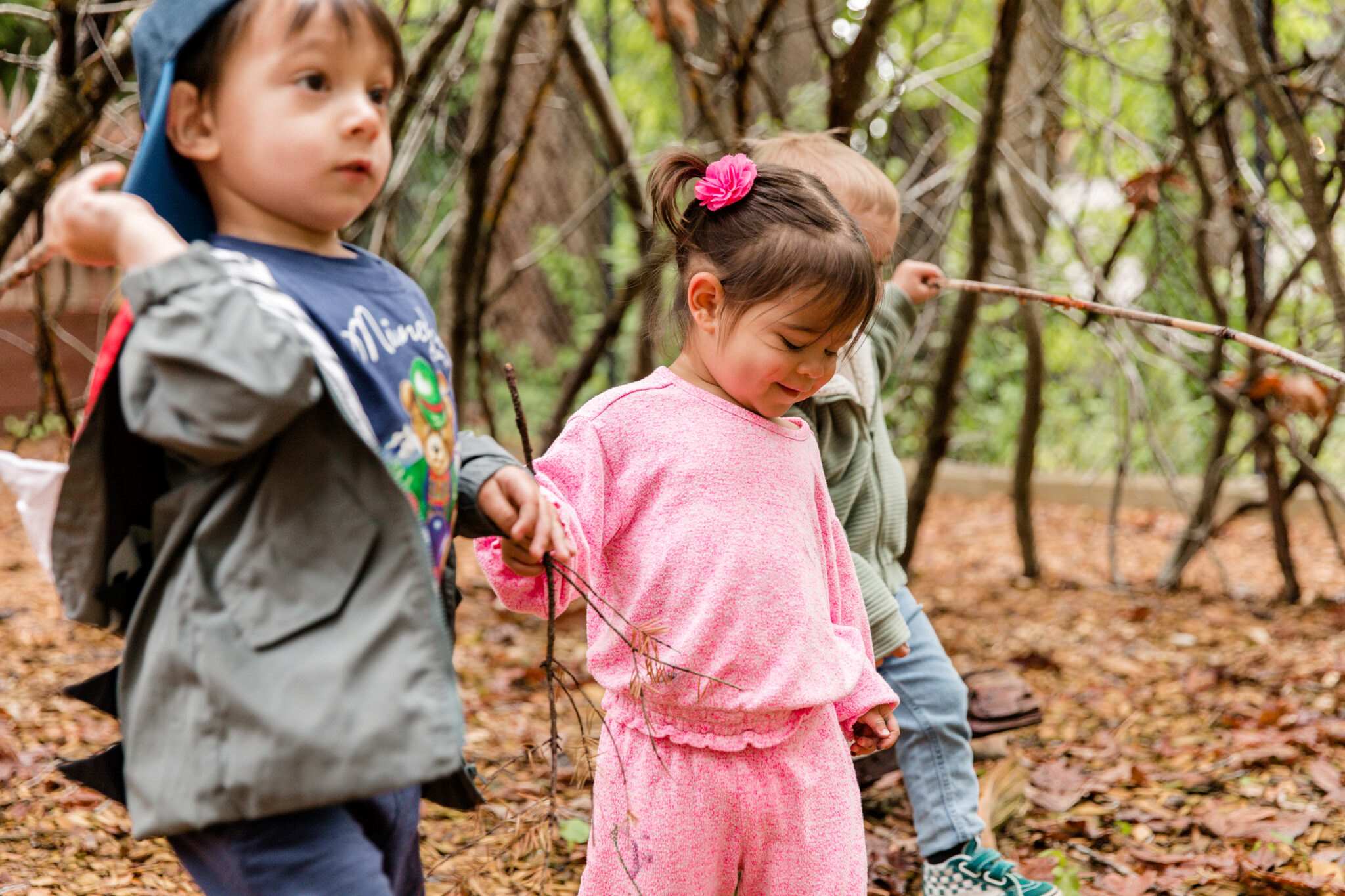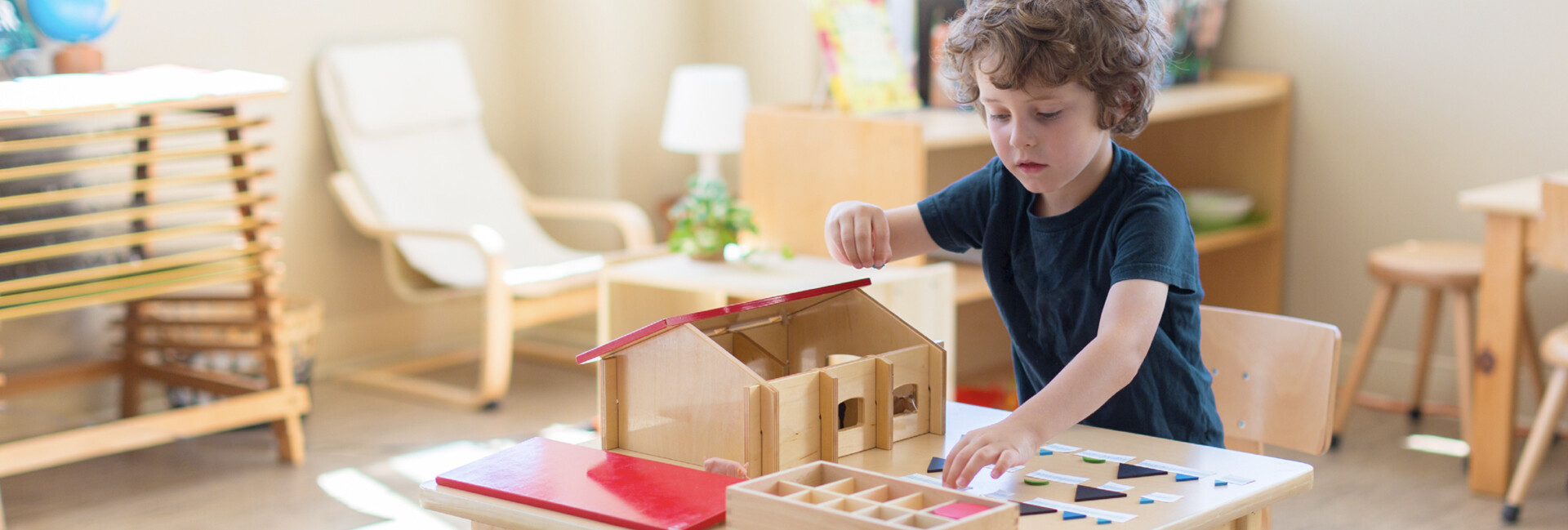
Blog
Discover, Learn, Grow
Our blog is a hub of ideas and insights to enhance your family’s Montessori preschool experience. Dive into a world of creative activities, parenting tips, interviews with our early childhood experts, educational resources, and much more.
December 15, 2024
Educational Philosophy
Language & Literacy
Montessori
October 15, 2024
Montessori
Parent Resources
September 16, 2024
Educational Philosophy
Montessori
Parent Resources
June 15, 2024
Educational Philosophy
Parent Resources

